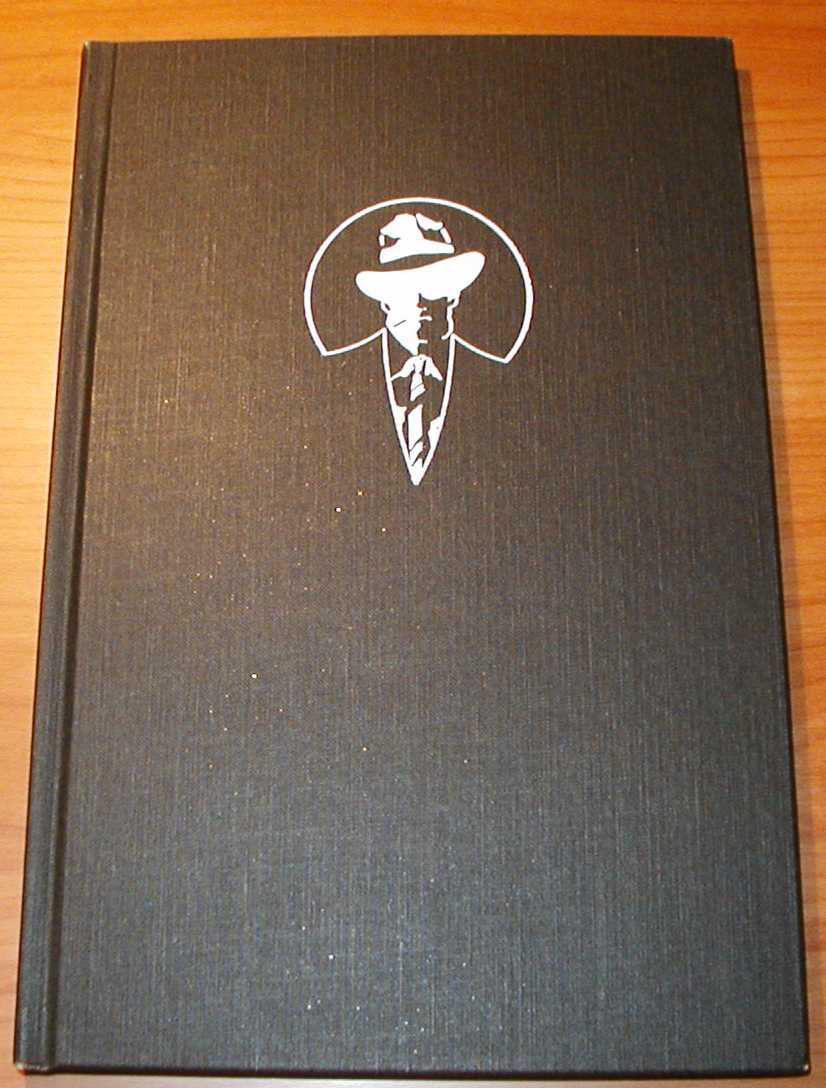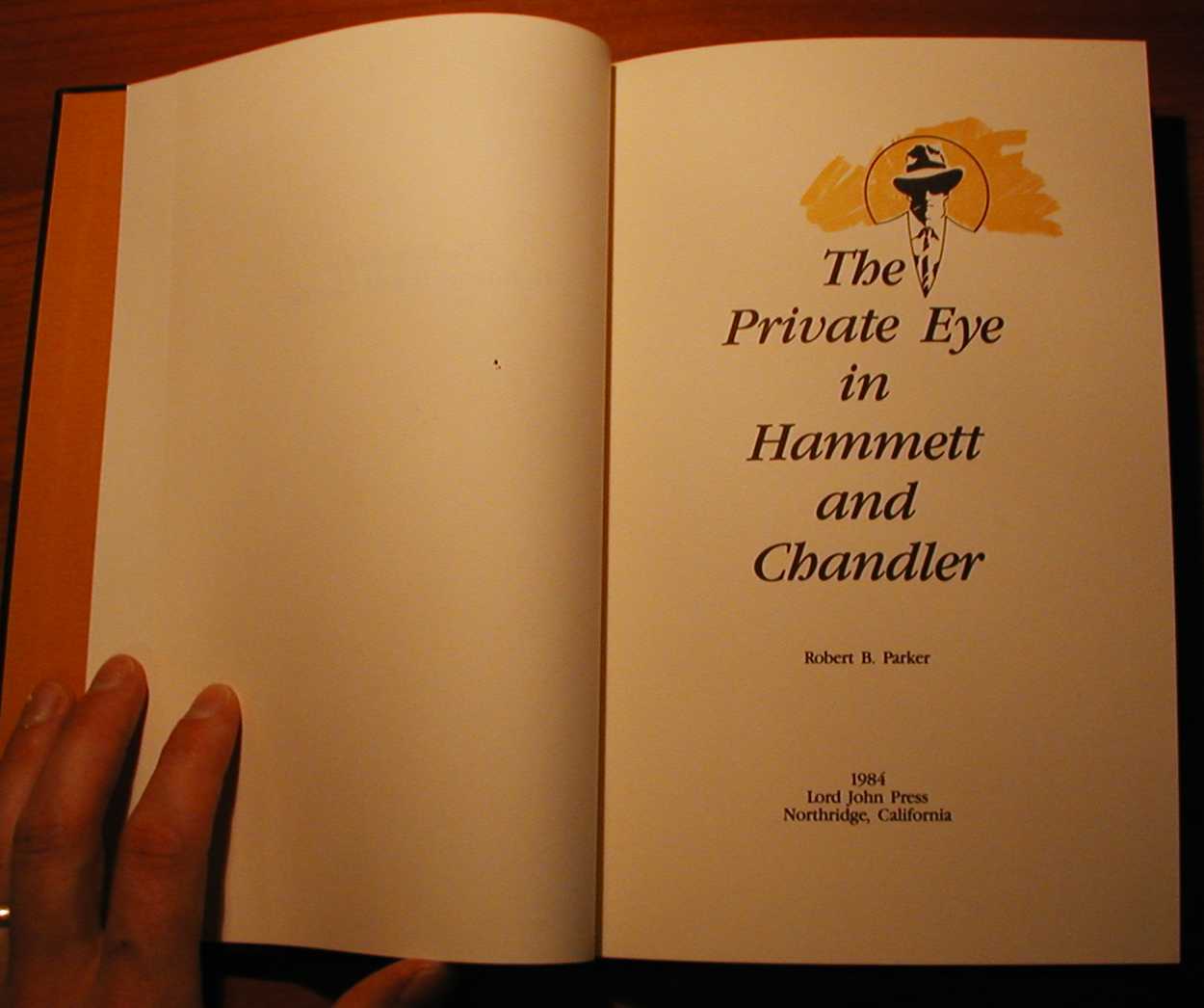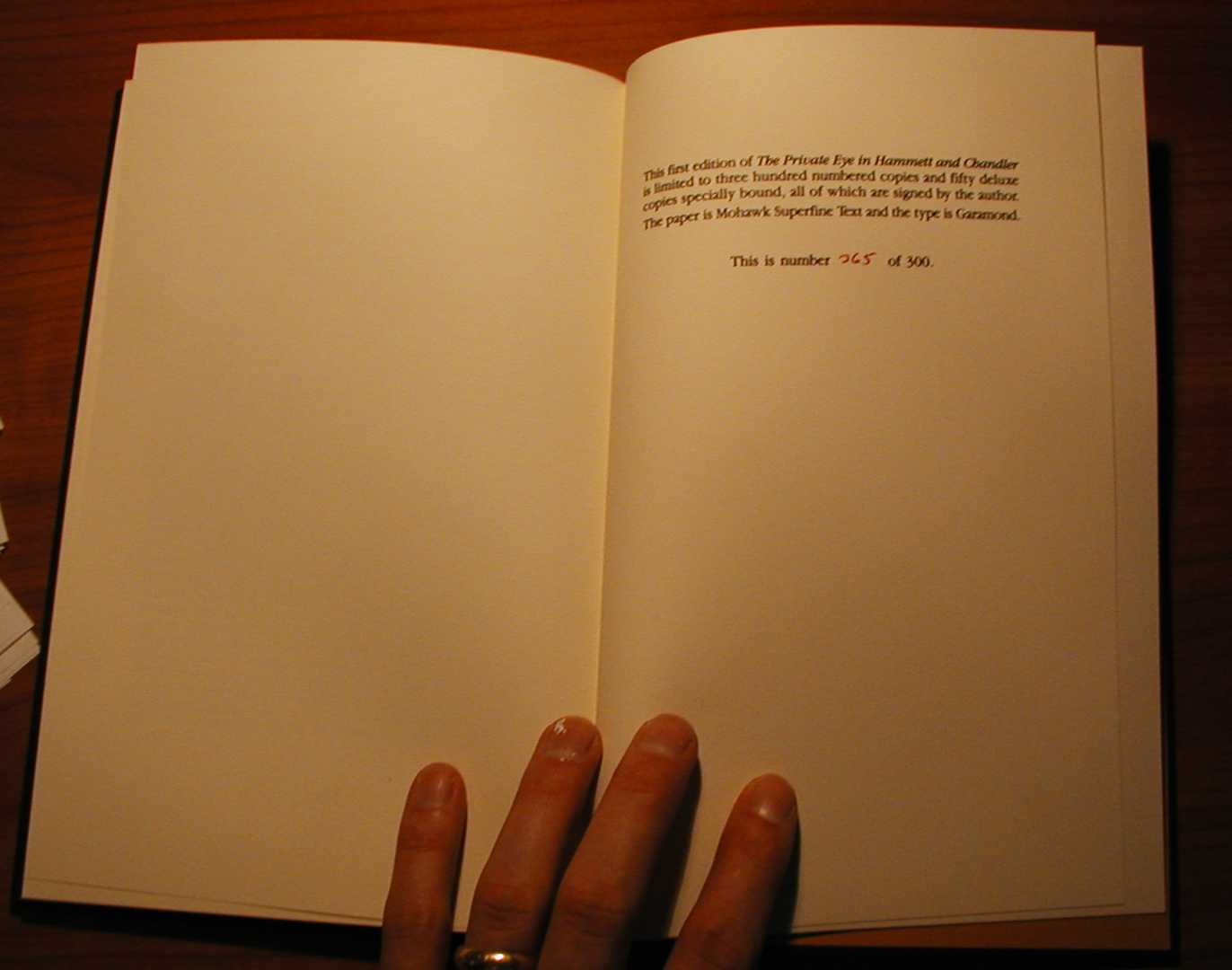I can’t believe I read skimmed the whole thing.
I bought this book at Downtown Books in Milwaukee for a couple of dollars, and I took a flier on it because I was in the throes of bibliophilic bacchanal, where another two dollars here and another two dollars there, and suddenly there’s no room in the trunk of the Eclipse for luggage. So I paid $2.95 for this, over ten times its value.
For starters, it’s printed in some comic sans serif font that looks funny informally, is bearable in short doses on the Web, and annoys the hell out of someone trying to read 200 pages of a computerized impersonation of barely-legible handwriting.
Also, its cartoons and cartoonish drawings by a slumming Bruce Tinsley (Mallard Fillmore) are derivative, ultimately limited by the material itself which is centered around the fictitious online journal of “Bill G.” who writes a computer friend who’s supposed to go out into the Internet to find who the best geek is. Or something. I’m not to clear on what’s supposed to tie this collection together.
I mean, there are sections where Bill Clinton is learning from Dale Carnegeek about how to influence geeks, and a section about how to date geeks, and throughout the book asks the reader to tabulate his or her geek quotient through a series of questions. So each chapter revolves around a macro-question and its component subquestions, which appear at the top of each page or so, and meanwhile the chapter is some banter or running storyline about Dilbart (a cartoon cross between Dilbert and Bart, for no particular reason) or Bill G. interacting with his computer bot friend, or the computer bot exploring the Internet cloud.
When it comes right down to it, there’s nothing funny in the book. Not a single chuckle, no matter what state of inebriation I was in while reading it.
I am sure it was hipper, edgier, and more timely in 1997, when the publisher could make a buck on anything with Internet in the title, or geek.






